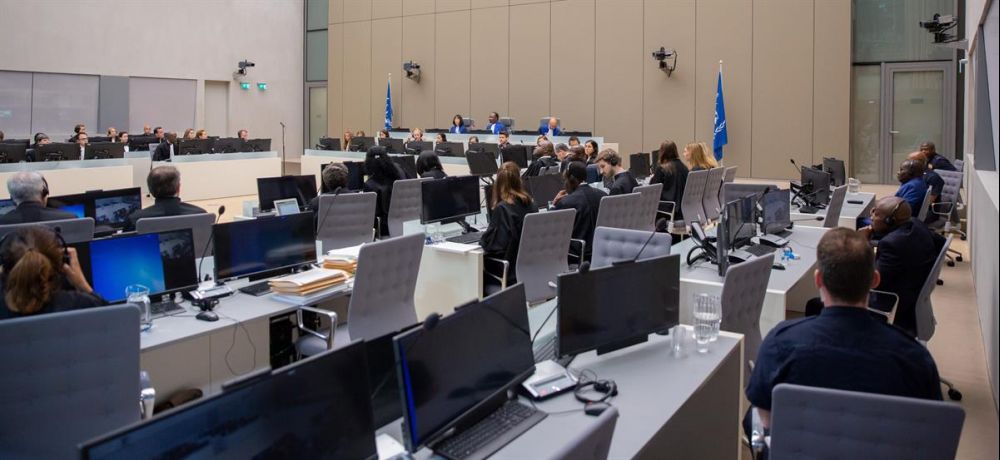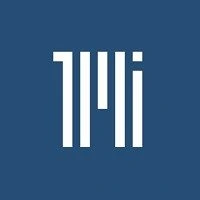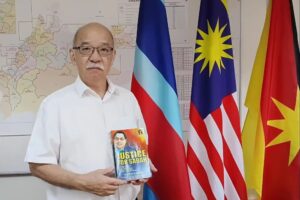IN the labyrinthine corridors of international law, Karim Khan, the stoic chief prosecutor at the International Criminal Court, finds himself in the eye of a legal storm.
Recently, a collective of British legal eagles under the banner “UK Lawyers for Israel” has thrown a hefty 25-page challenge his way, accusing him of professional misconduct – a claim spiced with the zeal of courtroom dramas.
Khan, a British barrister seasoned in the grit of legal battles, maintains his pursuit of justice with the cool detachment of a man who has seen too many such scuffles.
He rebuffs the notion of bending under pressure, his office declaring an unwavering commitment to handle his duties “independently and impartially,” despite the swirling winds of threat and harassment.
The saga unfolds over the request for arrest warrants against some of Israel’s highest-ranking officials, including Prime Minister Benjamin Netanyahu and Minister of Defense Yoav Gallant.
The allegations? Severe enough to churn any stomach familiar with the brutalities of war – starvation as a weapon, among other grim tactics.
The dispute hinges on whether Khan has withheld crucial exculpatory evidence in his filings – a serious allegation for any prosecutor, bound as they are by the stringent codes of legal conduct dictating full disclosure.
UK Lawyers for Israel assert that neither Netanyahu nor Gallant has crossed the lines dictated by international law. But the very essence of these warrant applications remains shrouded in secrecy, known only to the eyes of the ICC judges considering them.
Jonathan Turner, spearheading the British legal group, finds Khan’s silence on their accusations troubling, and is gearing up to take his grievances to the Bar Standards Board.
Yet, should this board find Khan guilty of misconduct, it would hardly clip his wings at the ICC, where bar membership is a credential, not a necessity.
Echoing through this legal tussle are whispers of intimidation tactics reminiscent of a Cold War spy novel. Reports earlier this year suggested that Yossi Cohen, head of Israel’s Mossad, tried to influence Khan’s predecessor to derail investigations into alleged war crimes in Palestinian territories – a narrative that Khan seems determined not to let repeat on his watch.
In a recent bold move, Khan requested arrest warrants not just against Israeli leaders but also against senior figures from Hamas, pointing to a meticulously balanced scale of justice.
As the legal debates simmer and advocacy groups like UK Lawyers for Israel argue that the 1993-95 Oslo Accords should shield Israeli officials from ICC prosecution, the international community watches keenly.
The ICC’s pretrial chamber, swayed by arguments from various quarters, will soon decide the fate of these warrant requests. This decision, expected to crystallise in a couple of months, will mark yet another chapter in the ICC’s tumultuous quest to uphold global justice, under the steadfast gaze of Karim Khan. – September 8, 2024.






